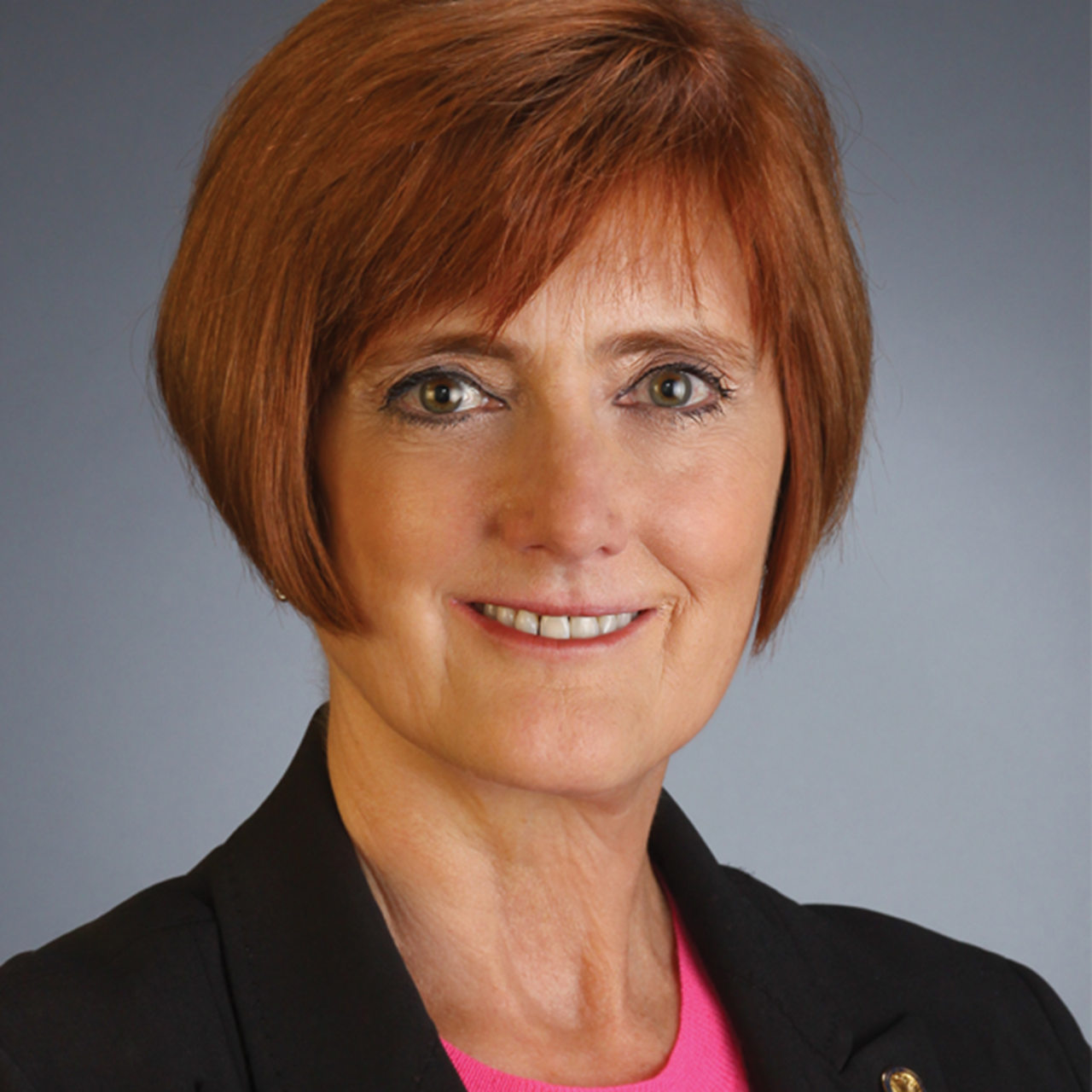
Actively addressing resilience has never been more important, and for good reason. The rate of burnout among physicians was over 40% prior to COVID-19, according to a Cleveland Clinic Journal of Medicine article: “Burnout of healthcare providers during COVID-19.” And, workplace stress is estimated to cost the U.S. economy more than $500 billion each year, according to the American Psychological Association. Though the issue is not new, the ongoing demands of the pandemic only amplify clinician burnout, which persists as a key focus for leaders across the country.
It’s a common misperception that resilience is the ability to simply endure stress and challenges. Instead, experts define resilience as the ability to prepare for, manage through and recover from significant changes or crises. ACHE author and faculty member Laurie K. Baedke, FACHE, FACMPE, uses the metaphor of a rubber band: strong, useful and able to “hold things together,” but also the ability to “bounce back” after use.
Cultivating resilience goes beyond the priority of workforce safety—so acutely prevalent in the earlier days of the pandemic—to include broader strategies that ensure self-reliance remains part of every leader’s agenda.
Role Model Resilient Practices
Leaders often don’t prioritize self-care and work-life balance, particularly when dealing with unexpected circumstances; however, self-care is one of the most integral parts of individual resilience. I was struck by what Anthony Fauci, MD, shared in our interview during the 2021 Congress on Healthcare Leadership—that he “simply doesn’t feel right” if he doesn’t run three or four miles every day, despite the stringent demands on his time.The ability of a leader to model personal well-being is a pivotal part of cultivating a culture of compassion. Whether it’s exercising, breathing and meditation, or carving out time alone to allow for critical thinking, when leaders share how they personally use tools and resources for self-help, they set the tone for their employees. This leads to higher rates of utilization, according to Megan Jones Bell, chief strategy and science officer at Headspace, an app that helps with meditation and sleep. (And, while we all know the benefits of sleep, it is worth emphasizing that getting enough sleep is a differentiator in being resilient.)
Prioritize Communication
Trust and respect are focal points of strong cultures, requiring transparent, authentic methods of both formal and informal communication. Many leaders have found that rounding or listening tours can help them learn what is on the minds of care providers. It is also an important way to assess what barriers exist. What is most important about communicating effectively is to listen, respond and identify paths forward to help those doing the work. By listening, we find better ways to understand each other when the pace and complexity of our environments isn’t as conducive.
Invest in Workforce Well-Being
Resilient organizations require a resilient workforce, who in turn are better prepared to care for patients. While resourcing to ensure the physical safety of our workforce is paramount, so too is providing for their psychological safety. Allowing opportunities for front-line staff to recharge can be as simple as providing quiet spaces to do so. Other tactics include offering flex schedules and providing support for external needs such as housing, childcare or transportation. More organizations are also providing increased employee behavioral health services.
Cultivating resilience is a time-intensive and complex endeavor, and there is no one magic formula for success. We can build stronger foundations to better serve our patients and communities by listening, resourcing and role modeling self-care. During the past year we have witnessed tremendous losses, and yet we have also reconnected with our own humanity. As a professional community, we are “Leaders Who Care.” Let us live this commitment with renewed resolve to ensure all those we touch—inside and outside our organizations—reach their highest potential for health and well-being.
This blog post is repurposed from the article of the same name originally published in the May/June 2021 issue of Healthcare Executive.
Deborah J. Bowen, FACHE, CAE, is president/CEO of the American College of Healthcare Executives (dbowen@ache.org).

